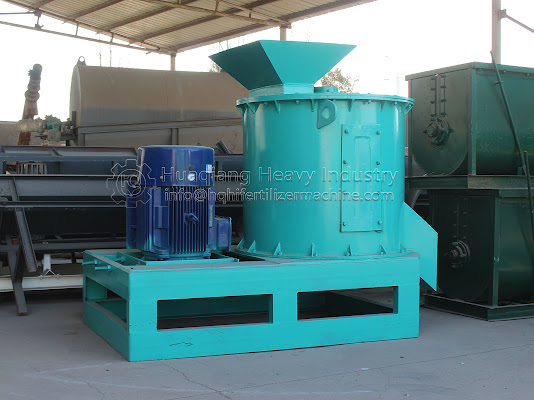The main factors of organic fertilizer equipment affecting the non-caking of fertilizer
1. Equipment selection: The selection of appropriate organic fertilizer equipment, such as crushing, mixing, conveying and other links of equipment, to ensure the efficient operation of the entire production line.
2. Material ratio: reasonably adjust the moisture, viscosity and other parameters in the raw material to meet the requirements of the equipment and avoid the caking phenomenon caused by the unstable nature of the material.
3. Feeding speed: Control the feeding speed to avoid too fast or too slow feeding leading to agglomeration of fertilizer during transportation.
4. Mixing uniformity: Ensure the uniformity of fertilizer in the mixing process to avoid caking caused by too high or too low local concentration.
5. Temperature control: reasonably adjust the temperature of each link of the production line to avoid too high or too low temperature affecting the fluidity and stability of the fertilizer.
6. Additive use: Add appropriate amount of anticlotting agent or other additives as needed to improve the fluidity and stability of fertilizer.
7. Environmental humidity: Control the environmental humidity of the organic fertilizer production line to avoid too high or too low humidity to cause the fertilizer to absorb water and expand and caking.
8. Process optimization: Continuously optimize the production process, improve the degree of automation and intelligence of fertilizer production, and reduce the uncertainty factors brought by manual intervention.
In short, the main factors affecting the non-caking of fertilizer by organic fertilizer equipment are multifaceted, which need to be comprehensively considered and optimized from multiple perspectives. In the actual production process, we should pay close attention to the changes in each link, find problems in time and take corresponding measures.




Comments
Post a Comment